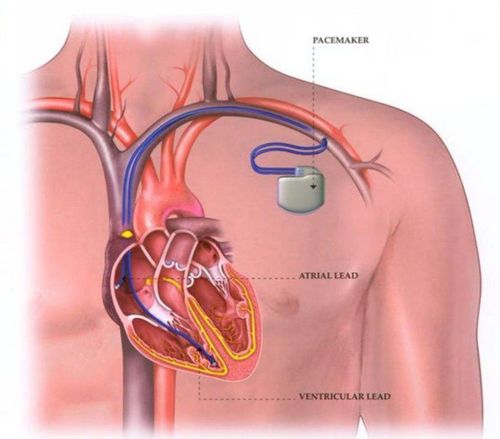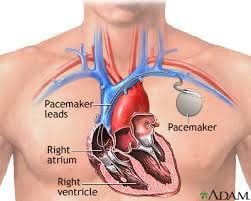This is an automatically translated article.
Question
Hello doctor,
Can you tell me how to treat ventricular septal defect when I am 68 years old? Is there any risk? Thank you doctor.
Tran Khanh Dinh (1992)
Answer
Answered by Doctor Phan Dinh Thuy Tien - General Internal Medicine - Department of Medical Examination & Internal Medicine, Vinmec Nha Trang International General Hospital.
Hello,
With the question “How to treat ventricular septal defect when 68 years old? ", the doctor would like to answer as follows:
A simple ventricular septal defect is a common congenital heart disease, accounting for 20-25% of heart defects according to research by Dao Huu Trung (2003), Nguyen Lan Viet (2007). ); Normally, the heart has 4 chambers, the two atria are separated by the interventricular septum, the two ventricles are separated by the interventricular septum, and the 2 atria and 2 ventricles are separated by 2 atrioventricular valve rings. If the interventricular septum is defective for some reason, it will cause ventricular septal defect.
Treatment of ventricular septal defect has two main methods: Surgical patching of the ventricular septal defect or intervention to block the ventricular septal defect with parachute.
If the septal defect is large, the symptoms of heart failure are present in infancy and cannot be controlled by medication, surgery should be performed within the first 6 months.
If the stoma is small, is not below the great artery, does not cause left ventricular overload or pulmonary hypertension, and has no history of infective endocarditis, surgery or intervention may not be needed. Based on clinical symptoms, pressure and pulmonary vascular resistance, the doctor will decide whether to close the septal defect or not.
Contraindications to closed fixed pulmonary hypertension vents, Eisenmenger syndrome clinically (pale skin, cyanosis of extremities, clubhead-shaped toenails, fatigue, dyspnea, hemoptysis, .. .). After occlusive or surgical occlusion, patients may experience some of the following complications:
Pulmonary hypertension right after surgery: Common in patients who already have increased arterial pressure pulmonary vasculature from before surgery. In this case, treatment is difficult and can be fatal. Atrioventricular block: Can be temporary or permanent (pacemaker must be inserted). Aortic regurgitation due to trauma to the valve during surgery: This is rare. or not, then the doctor will decide the best treatment method.
Based on clinical symptoms, pressure and pulmonary vascular resistance, the doctor will decide whether to close the septal defect or not. While waiting for the decision to intervene or not, the doctor will provide medical treatment to help reduce the burden on the heart; Patients should limit: Salty, fatty, starchy foods, red meat, alcohol, tobacco (if any); split meals; increase vegetables, fish, lean white meat (pork, chicken, frog, ..), do light exercise every day just enough for the patient.
If you still have questions about ventricular septal defect treatment at the age of 68, you can go to a hospital of Vinmec Health System for further examination and advice. Thank you for trusting and sending questions to Vinmec. Wishing you lots of health.
Best regards!
Please dial HOTLINE for more information or register for an appointment HERE. Download MyVinmec app to make appointments faster and to manage your bookings easily.













